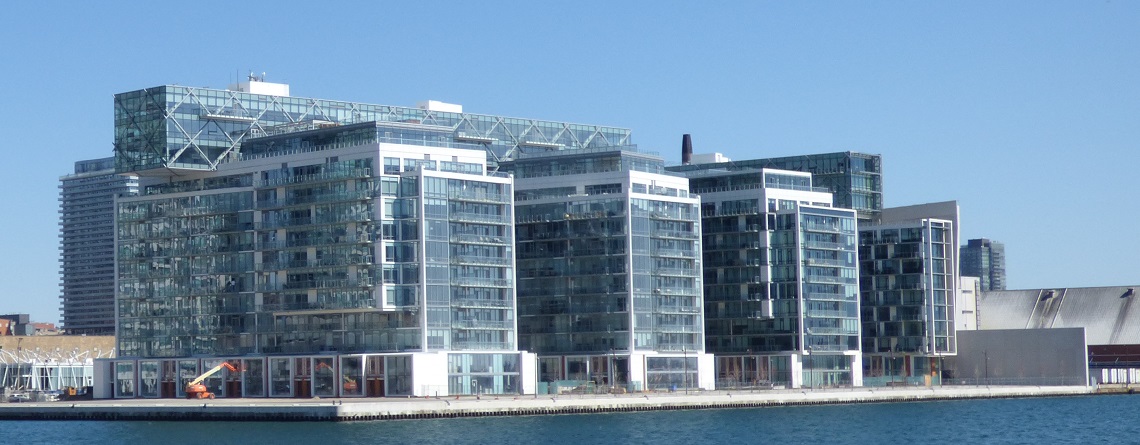 Reserves can be the most challenging part of the budget to board members. It is essentially setting money aside that will not be used right away or even for many years in some cases. Additionally, it can be difficult to determine how long something will last and what it will cost to replace. Some communities are resistant to putting the appropriate amount of money in reserves. There are various reasons for this.
Reserves can be the most challenging part of the budget to board members. It is essentially setting money aside that will not be used right away or even for many years in some cases. Additionally, it can be difficult to determine how long something will last and what it will cost to replace. Some communities are resistant to putting the appropriate amount of money in reserves. There are various reasons for this.
Keep Fees Down
One reason is that by putting less money in reserves, the HOA/Condo fees will stay lower in the interim. Lower dues lets the unit owner keep more money in the short term. Some owners may not plan on being there long-term, so they would benefit by paying minimal reserve dues. The flip side to that is the eventual new owner will have to pay more than their share of dues.
Lower Fees Means Easier to Sell
A second reason is that some board members feel the property will be harder to market or sell if their HOA/Condo fees are at a higher level. In their mind, they would rather have lower HOA/Condo fees so the potential buyer is not turned off by the amount of monthly fees. However, this thought process can have the opposite effect. By keeping reserve dues down for a long time, you are creating a reserve fund deficit. By creating this deficit, the reserve project may not have enough funds, which makes the property look less desirable to the potential owner. The property may appear to not be well-maintained.
Not Identifying All of the Items
Another reason that unit owners do not put enough money in reserves is that they may not be aware that something will need to be replaced down the line, so they just ignore it. One example would be pond banks. Over the course of many years, it is very probable that some of the pond banks in the community will erode and need repairs. It makes sense to have some money set aside for these repairs.
Nothing Lasts Forever
A fourth reason pertains to newer communities. In the case of new construction, it is easy to think that no reserves are needed right away. However, the reality is that many building components wear out over a 30 year period, and some components wear out multiple times. Communities that start funding reserves right away are in a much better position than ones that wait.
Choosing to not properly fund reserves has its consequences. Any of the reasons to not fund reserves will create a deficit, which will ultimately lead to a special assessment.